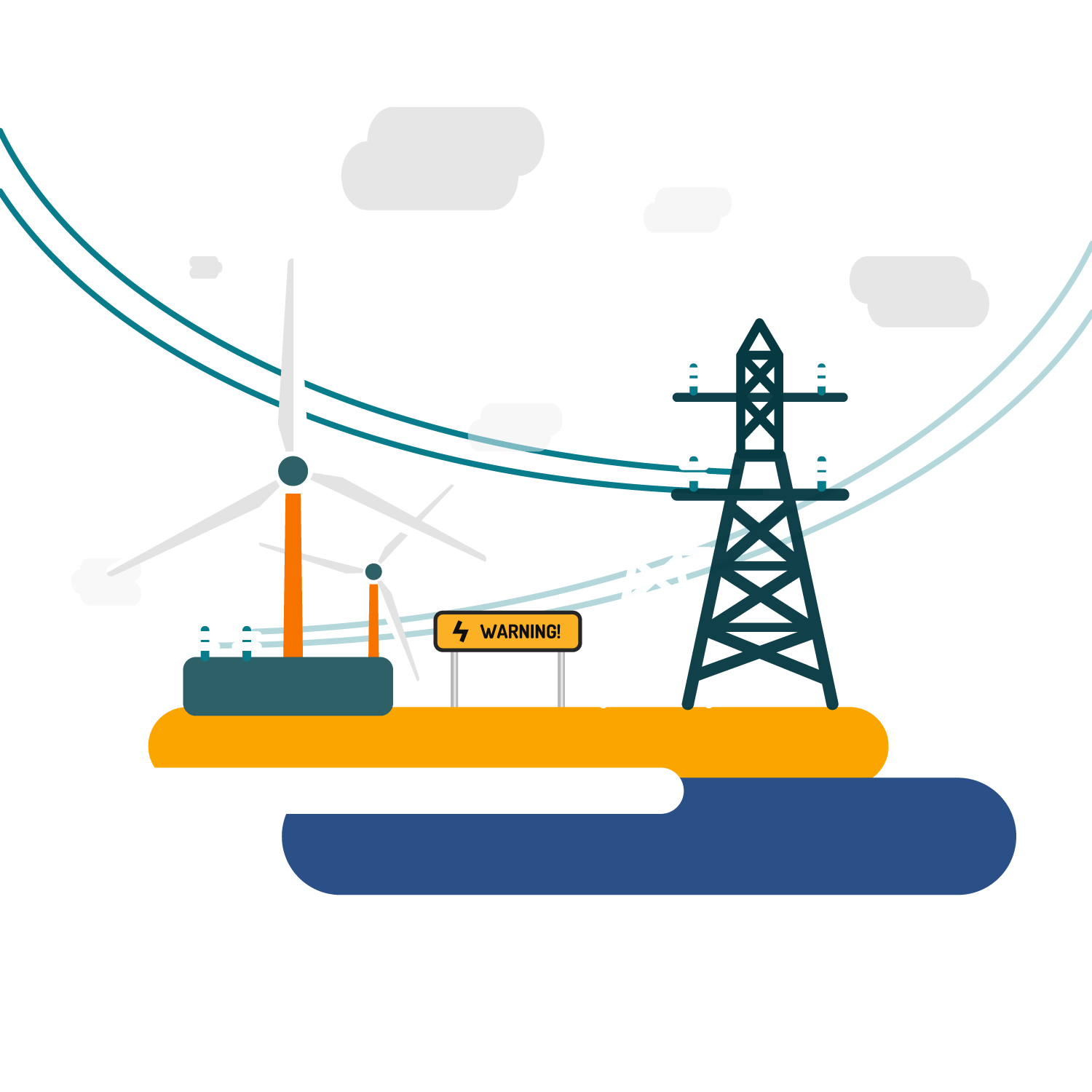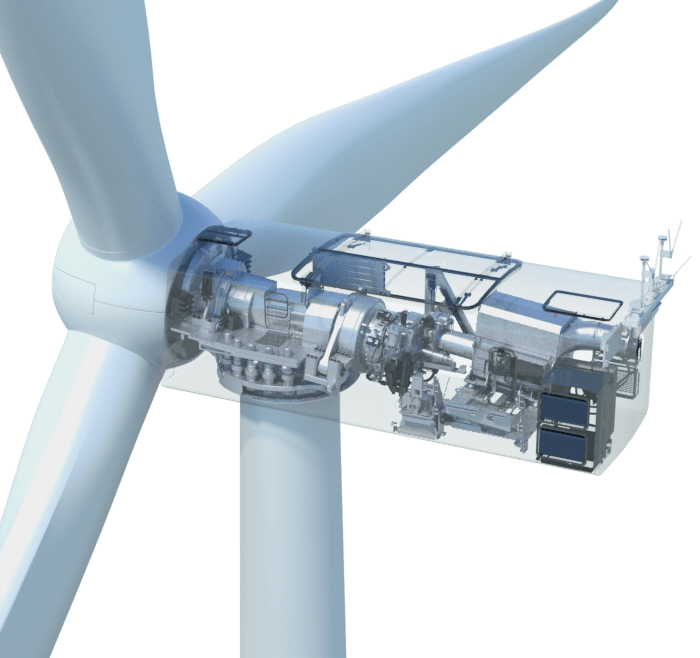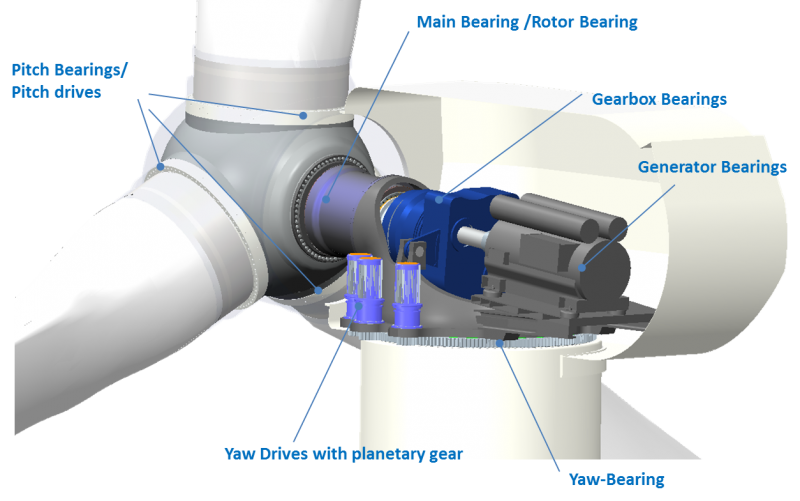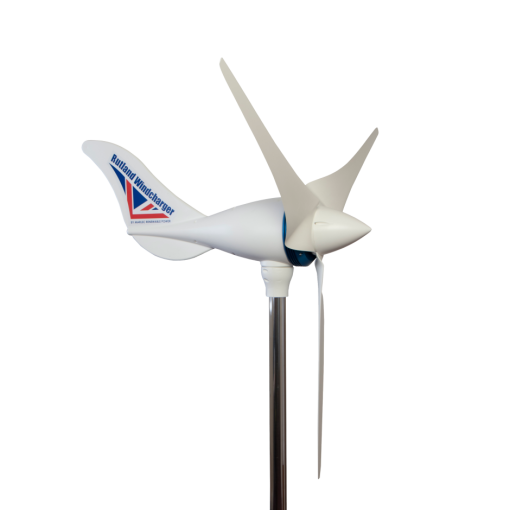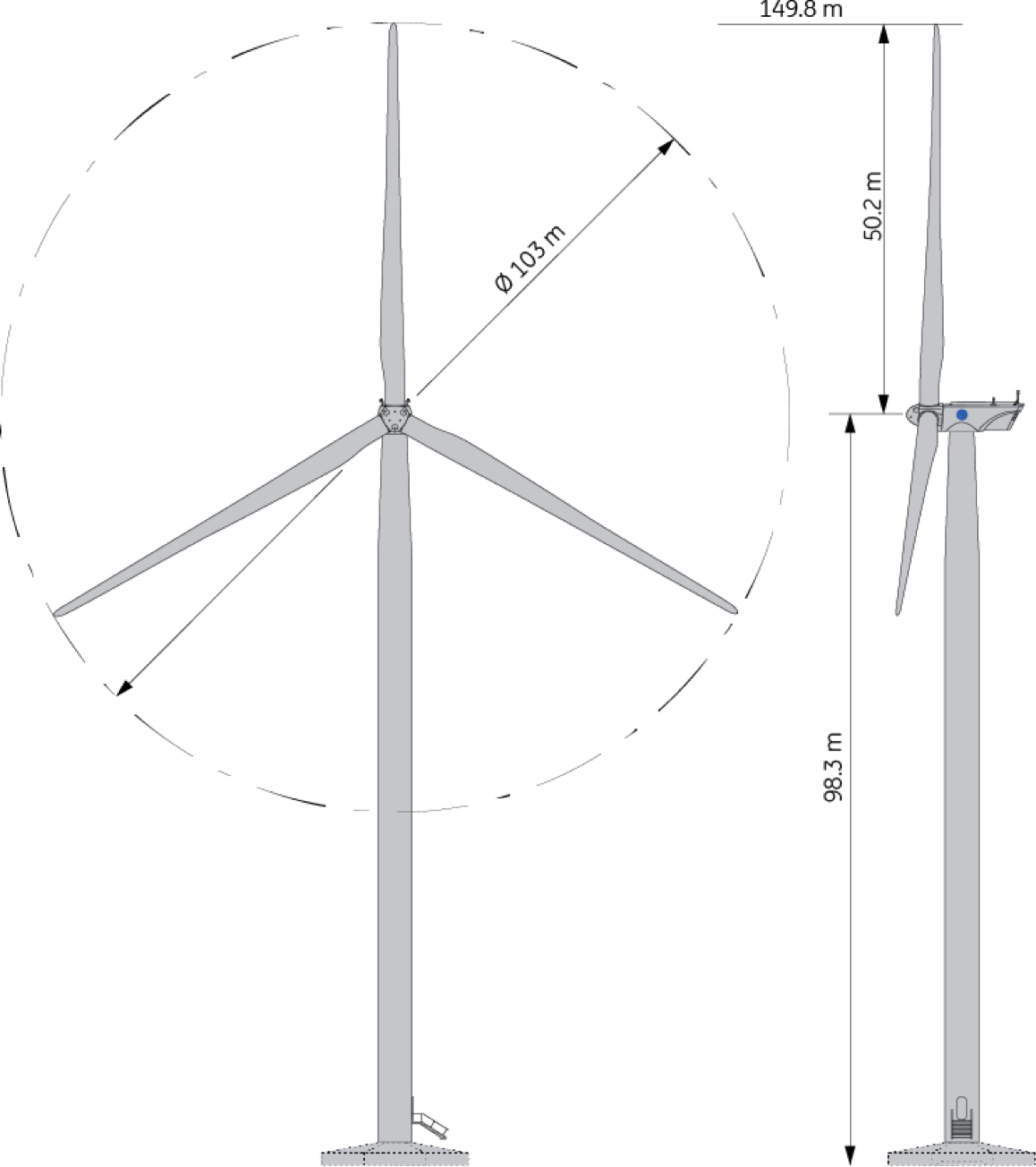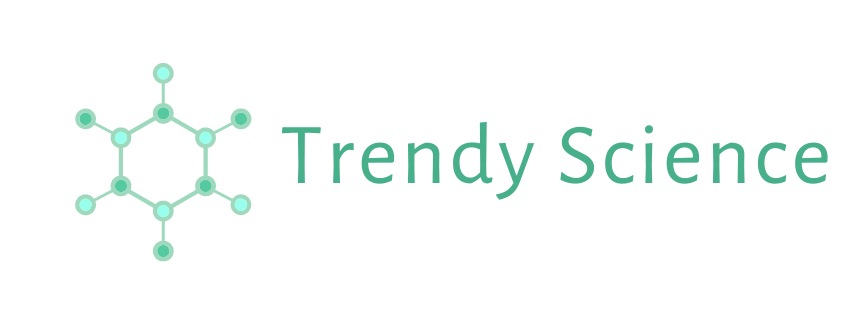Wind Turbine Design
Welcome to Wind Turbine Design! This quick guide will introduce you to the essentials of designing efficient wind turbines. Let’s explore the potential of wind power for sustainable energy solutions.

Welcome Abroad
Welcome to the Wind Turbine Design Topic
Introductory Video
Discover insightful explanations and demonstrations in the following video.
Topic Orientation
Insightful Visuals
Case Studies
Jiuquan Wind Power Base, China
The Jiuquan Wind Power Base, also known as Gansu Wind Farm, is the world’s largest wind farm with a planned installed capacity of 20GW. It features 7,000 wind turbines installed across multiple provinces in China
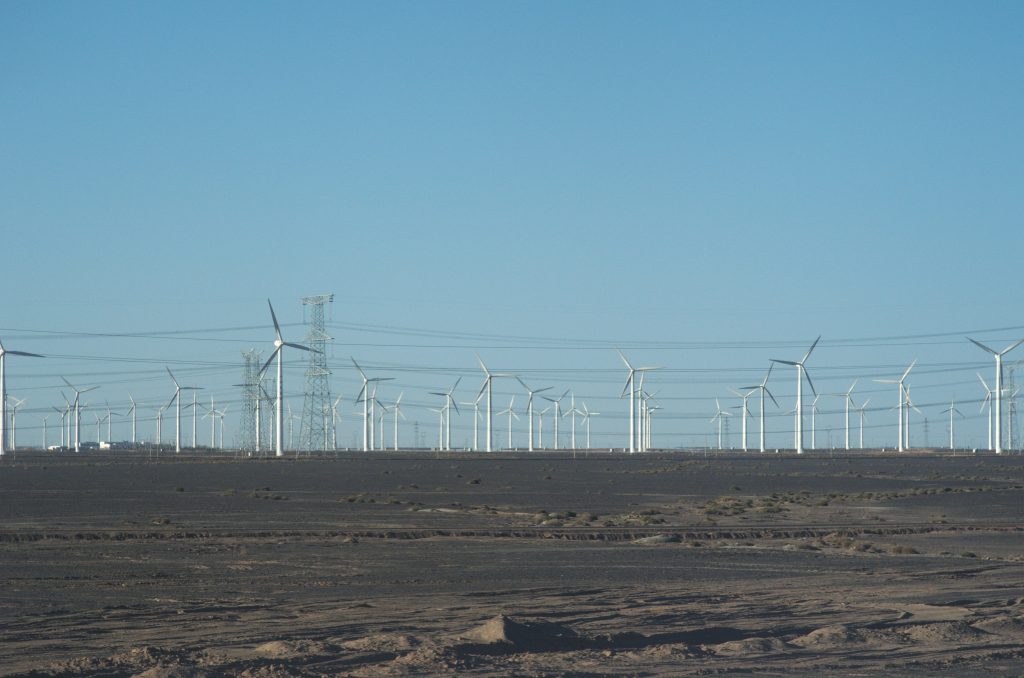
Jaisalmer Wind Park, India
Developed by Suzlon Energy, the Jaisalmer Wind Park is India’s biggest wind farm with a capacity of 1,600MW. It consists of a group of wind farms located in the Jaisalmer district of Rajasthan, India
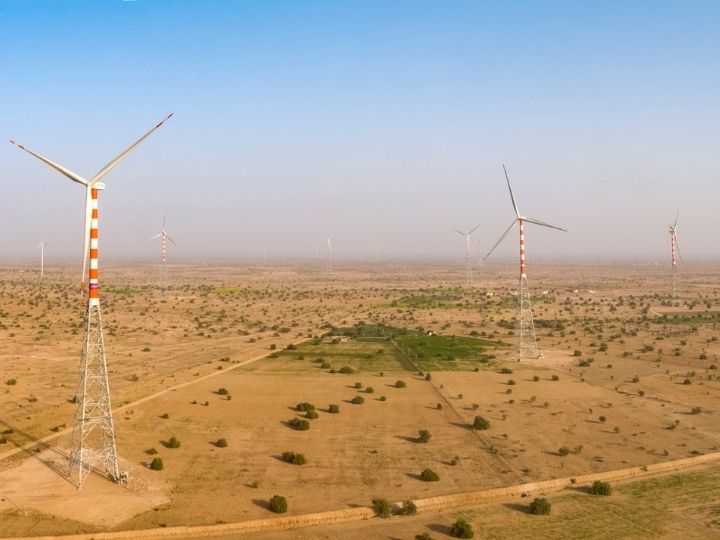
Alta Wind Energy Centre (AWEC), California, USA
AWEC, located in Tehachapi, Kern County, California, has an operational capacity of 1,548MW. It consists of multiple stages with turbines from different manufacturers, including GE and Vestas
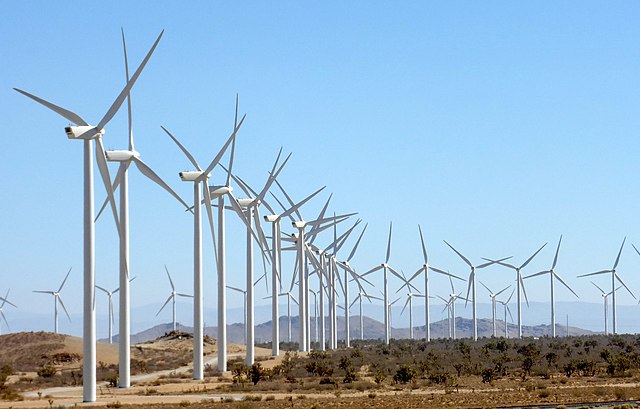
Software Application
Flip The Cards
Matching Words
Match the terms with their definitions!
- adjusts the angle of the turbine blades to optimize energy capture.
- enables the turbine to turn into the wind direction.
- converts mechanical energy from the rotating blades into electrical energy.
- refers to the height of the turbine from the ground to the rotor hub.
- is the minimum wind speed required for the turbine to start generating power.
Good Job !
There are still unanswered questions!
Smooth Quiz
Wind Turbine Design Quiz
What is the primary factor affecting the efficiency of a wind turbine?
What is the typical material used for manufacturing wind turbine blades?
Entrepreneurial Spark
Explore entrepreneurial opportunities in Wind Turbine Design Systems.
Wind Turbine Design: Business Ideation
Seed Research Paper
Under Development, Stay Tuned!
Hands-On Kit
Experience hands-on learning with the educational practical kit.
Formula Fundamentals
A list of some of the main equations that are used in wind turbine design:
- Betz's law: This equation calculates the maximum amount of power that can be extracted from the wind by a wind turbine.
- Tip speed ratio (TSR): This equation relates the rotational speed of the wind turbine blades to the wind speed.
- Power coefficient: This equation calculates the efficiency of the wind turbine.
- Blade element momentum (BEM) theory: This theory is used to model the aerodynamic forces on wind turbine blades.
- Froude number: This number is used to assess the risk of cavitation on wind turbine blades.
- Reynolds number: This number is used to characterize the flow regime around wind turbine blades.
- Structural analysis equations: These equations are used to design the wind turbine structure to withstand the loads that it will experience.
Here are some specific examples of these equations:
Betz's law:
P_max = 16/27 * 1/2 * rho * A * V^3
where:
- P_max is the maximum power output of the wind turbine (W)
- rho is the air density (kg/m^3)
- A is the wind turbine rotor area (m^2)
- V is the wind speed (m/s)
Tip speed ratio (TSR):
TSR = omega * R / V
where:
- omega is the rotational speed of the wind turbine blades (rad/s)
- R is the wind turbine rotor radius (m)
- V is the wind speed (m/s)
Power coefficient:
C_p = P / (1/2 * rho * A * V^3)
where:
- C_p is the power coefficient
- P is the power output of the wind turbine (W)
- rho is the air density (kg/m^3)
- A is the wind turbine rotor area (m^2)
- V is the wind speed (m/s)
References
- Betz's Law: Global Wind Energy Council: How wind turbines work
- Tip Speed Ratio (TSR): National Renewable Energy Laboratory (NREL): Wind Turbine Design
- Power Coefficient: American Wind Energy Association (AWEA): Wind turbine technology
- Blade Element Momentum (BEM) Theory: WindEurope: Wind turbine design
- Froude Number: International Energy Agency (IEA): Wind energy: Technology roadmap
- Reynolds Number: Springer Nature: Wind Turbine Technology: Fundamentals, Design, Operation, and Maintenance
- Structural Analysis Equations: Elsevier: Wind Energy Handbook
Supplementary Resources
Here are some credible references discussing the subject of Wind Turbine Design.
| Reference | Source |
|---|---|
| Global Wind Energy Council | How wind turbines work |
| National Renewable Energy Laboratory (NREL) | Wind Turbine Design |
| American Wind Energy Association (AWEA) | Wind turbine technology |
| WindEurope | Wind turbine design |
| International Energy Agency (IEA) | Wind energy: Technology roadmap |
| Springer Nature | Wind Turbine Technology: Fundamentals, Design, Operation, and Maintenance |
| Elsevier | Wind Energy Handbook |
| Wiley | Wind Turbine Design and Analysis |
| MDPI | Wind Energy: An Open Access Journal |
| John Wiley & Sons | Wind Energy Systems: Design, Operation and Performance |
Connect and Network
Please feel free to document your inquiries, observations, or any interest in this topic for research networking or business idea development collaboration.
Proudly powered by TrendyScienceGroup
